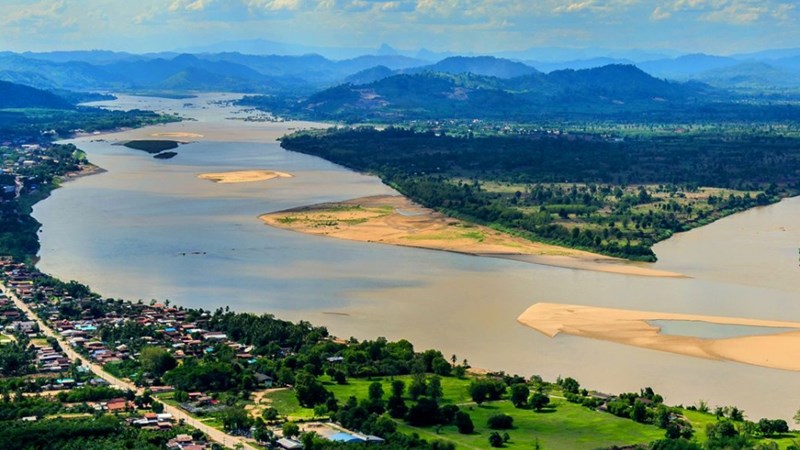Vietnam, Japan boost cooperation for sustainable energy development in Mekong region
Countries in the Greater Mekong Subregion (GMS) could not hold up their sustainable development growth without cooperation and a shared energy policy.
There remains huge potential for cooperation between Japan and countries in the GMS, including Vietnam, to ensure sustainable energy development in the region.
| A region energy market could be key to promote sustainable energy development in the Greater Mekong Subregion. Source: Vietnamtourism |
Director of the Central Institute for Economic Management (CIEM) Nguyen Hong Minh gave the remarks at a conference discussing the contribution of Vietnam-Japan partnership for the development of the region on March 15.
“In addition to taking part in energy projects, Japan holds strong expertise in monitoring impacts and setting up plans to deal with risks related to those projects,” added Minh.
According to Minh, Japan’s experience in coping with the Fukushima Daiichi nuclear disaster 10 years ago, as well as the recovery process afterwards, is valuable to GMS countries.
“With the growing presence of Japanese enterprises in the region, a sustainable energy policy here would also bring more benefits for Japan,” she continued.
In the case of Vietnam, the country is in need of huge amount of energy to support its economic growth process.
“Taking into consideration long-term benefits, Vietnam is exploring different options as an alternative to hydropower and fossil energy,” Minh stressed.
Minh noted the country is aware of the importance of sustainable energy development in the GMS, as such, it has been actively discussing the matter with other neighboring countries, including Myanmar, Laos, Thailand, Cambodia and China, along with partners outside the GMS.
“GMS countries could not hold up their sustainable development growth without cooperation and a shared energy policy,” she noted.
Professor Fukunari Kimuara from Japan-based Keio University said the GMS is considered one of the most successful regions in the world for its rapid economic growth and poverty reduction in the past three decades.
However, Kimuara noted a big gap in development still exists between the GMS and other countries in Asia.
The Japanese expert said environmental issues and the management of water sources have been fast becoming urgent matters for countries in the region that need to be addressed properly, while inequality in socio-economic development are posing risks to sustainable development goals.
Sharing Kimuara’s view, Deputy Director General of the Institute for Foreign Policy and Strategic Studies under the Diplomatic Academy of Vietnam To Minh Thu suggested the fact that many governments are still subsidizing the use of fossil energy that has limited the development of renewable sources.
“Countries in GMS have not had a specialized working mechanism in investment in energy sector,” Thu added.
“Governments should change their mindsets to provide suitable policies for sustainable energy development in the region, including a regional energy market,” Thu said noting many Vietnamese enterprises have gained experiences in promoting renewable energy and therefore could play certain role to step up such process in the GMS.













